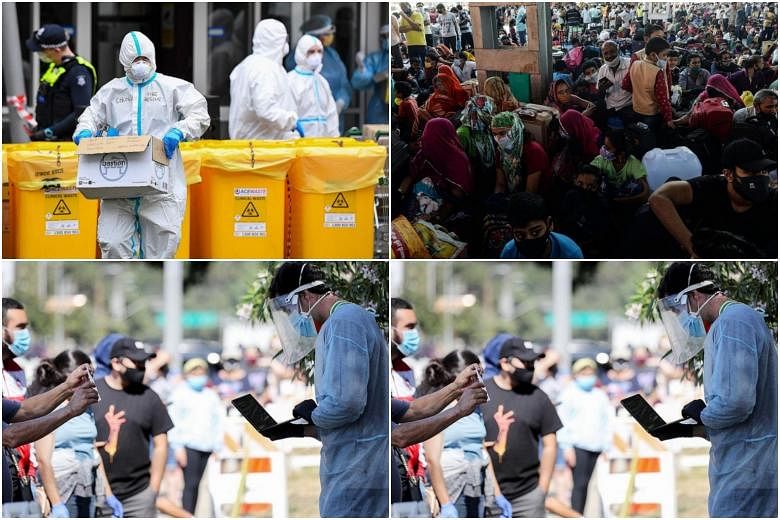Melbourne back into lockdown as cases surge again
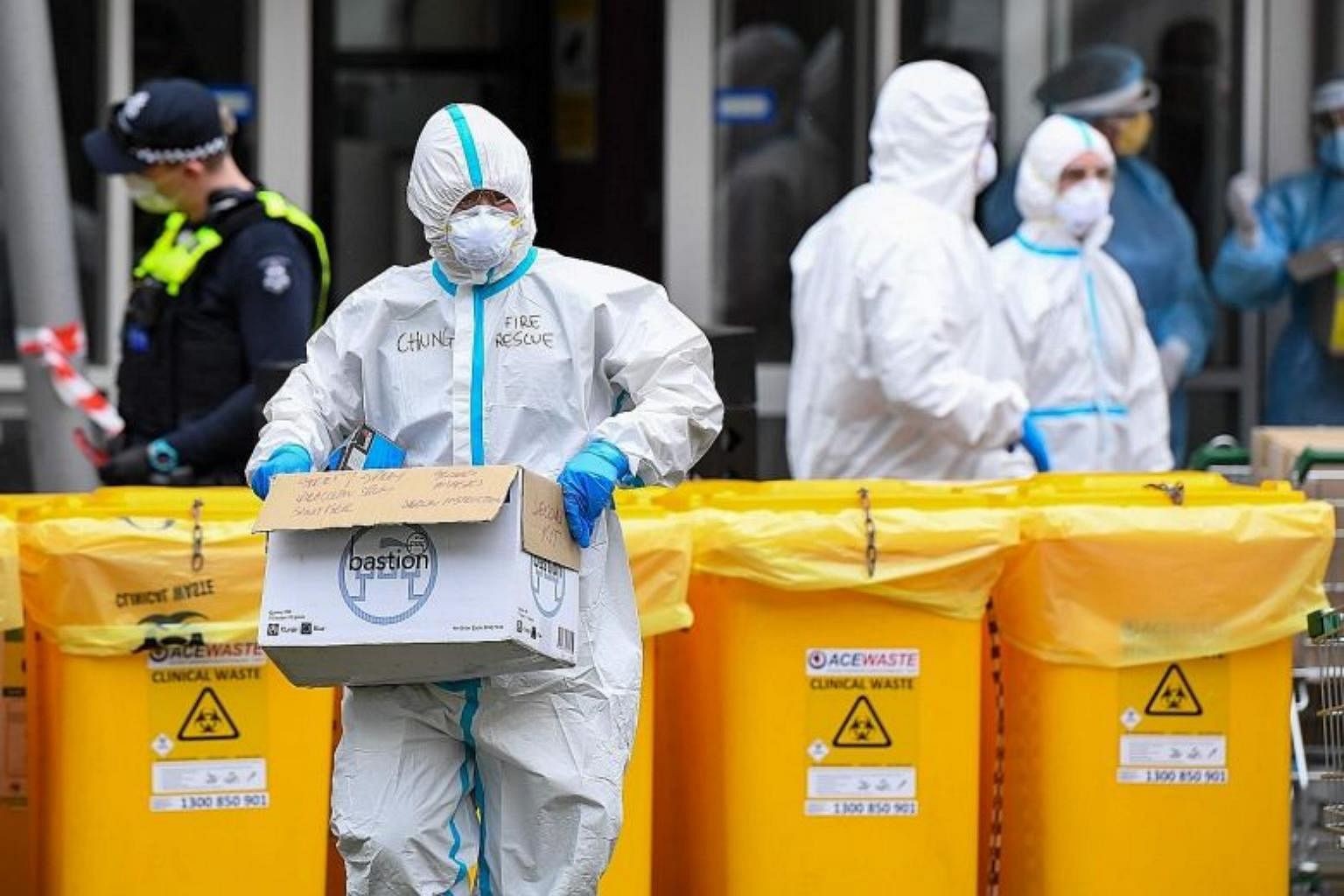
In late February, Ms Raihan Suhaimi, a 28-year-old Singaporean, arrived in Melbourne to begin graduate studies and start a new life in a new city.
But her timing could hardly have been worse.
Infections rise in India, but recovery rate improves
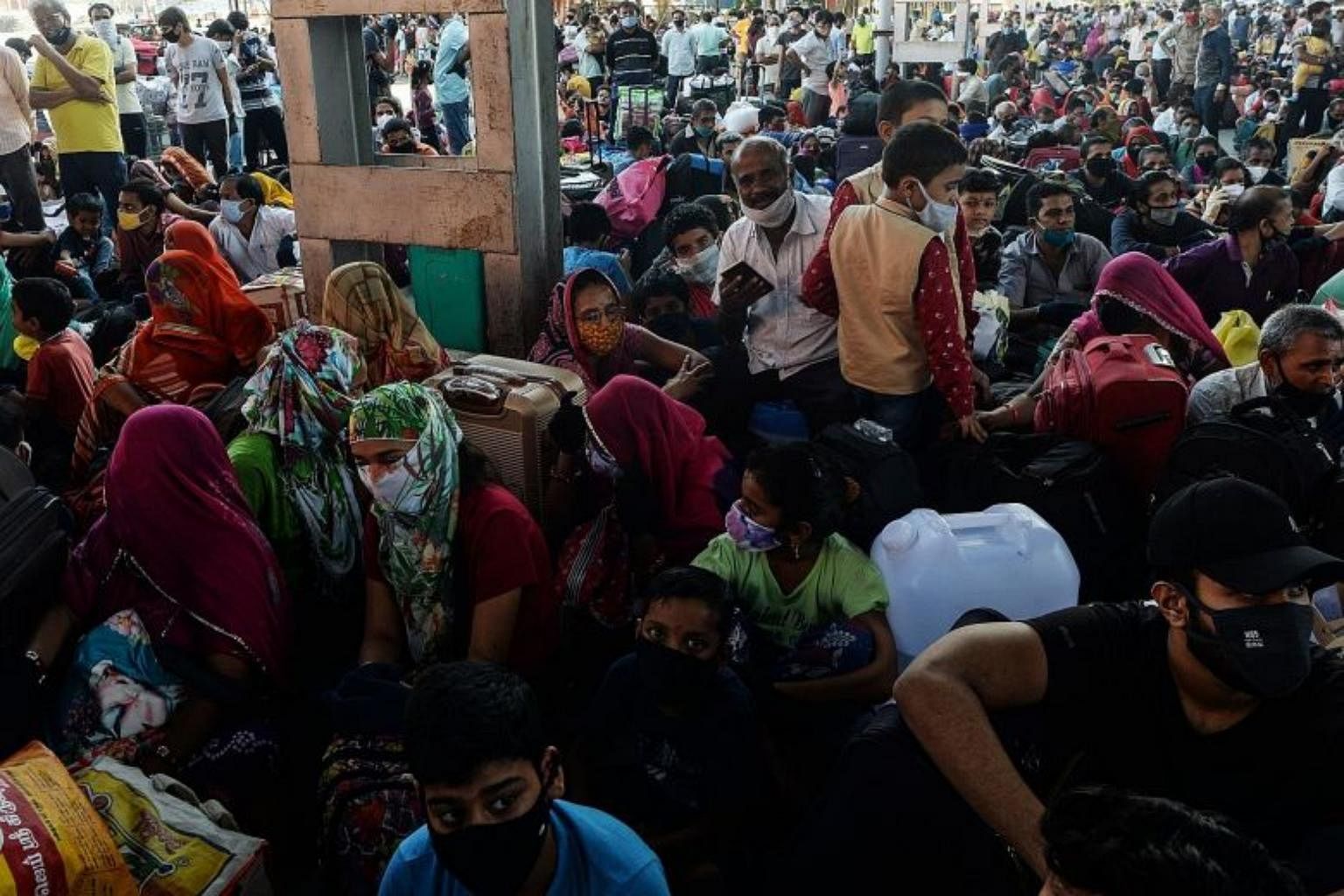
Life in the world's second-most populous country has been slowly assuming a new normal after a stringent lockdown was eased.
Many Indians have learnt to wear masks as a matter of routine in spite of the stifling heat, which has reached - and in places, surpassed - 40 deg C.
Japan adamant spike in cases not a second wave
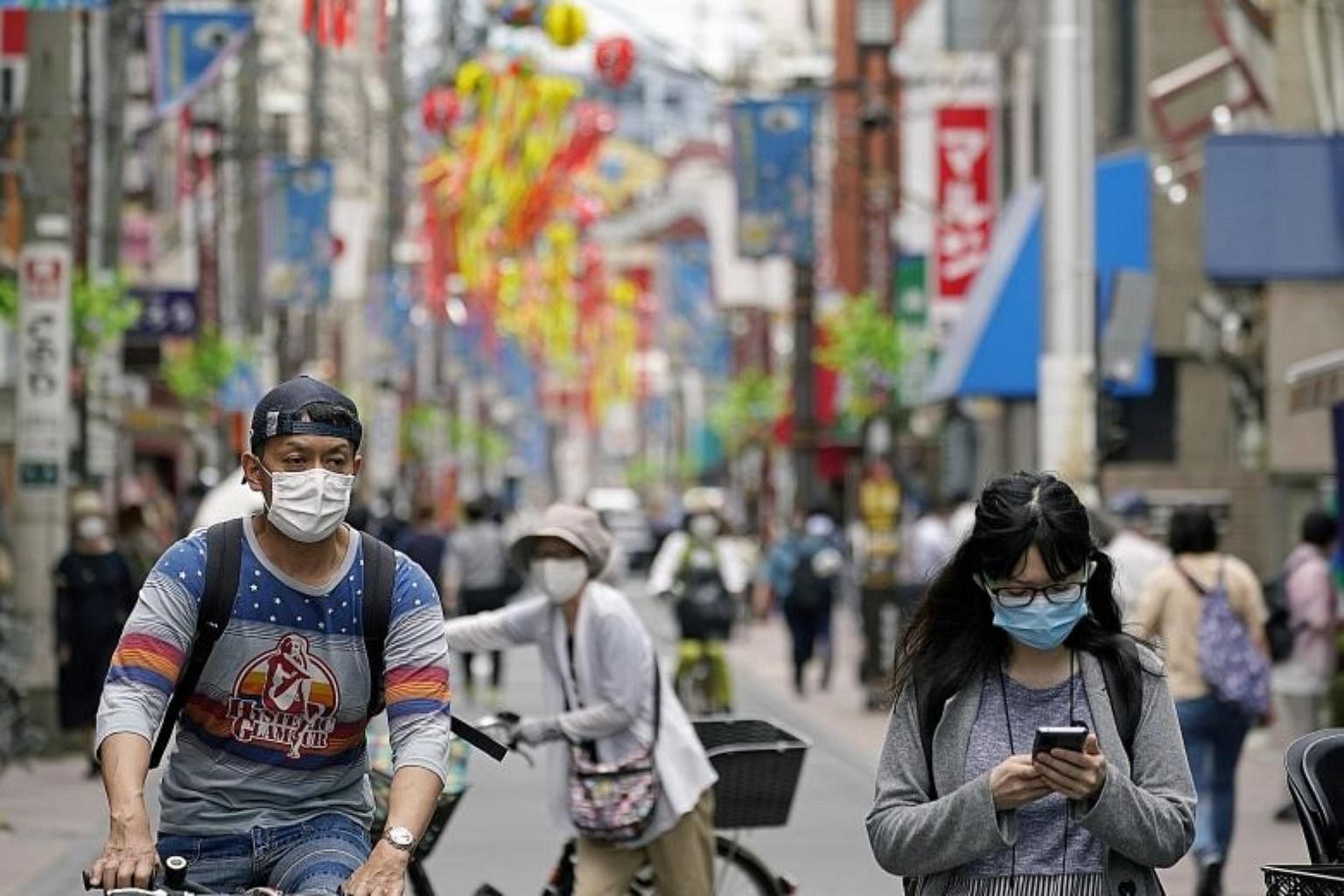
Six weeks after Tokyo lifted a state of emergency and with its economy battered into recession, the Japanese capital is setting unwelcome new records of daily Covid-19 cases.
The 224 new infections last Thursday broke a high of 206 cases that was recorded on April 17, a mere 10 days after the state of emergency was imposed.
America lets its guard down in rush to ease curbs
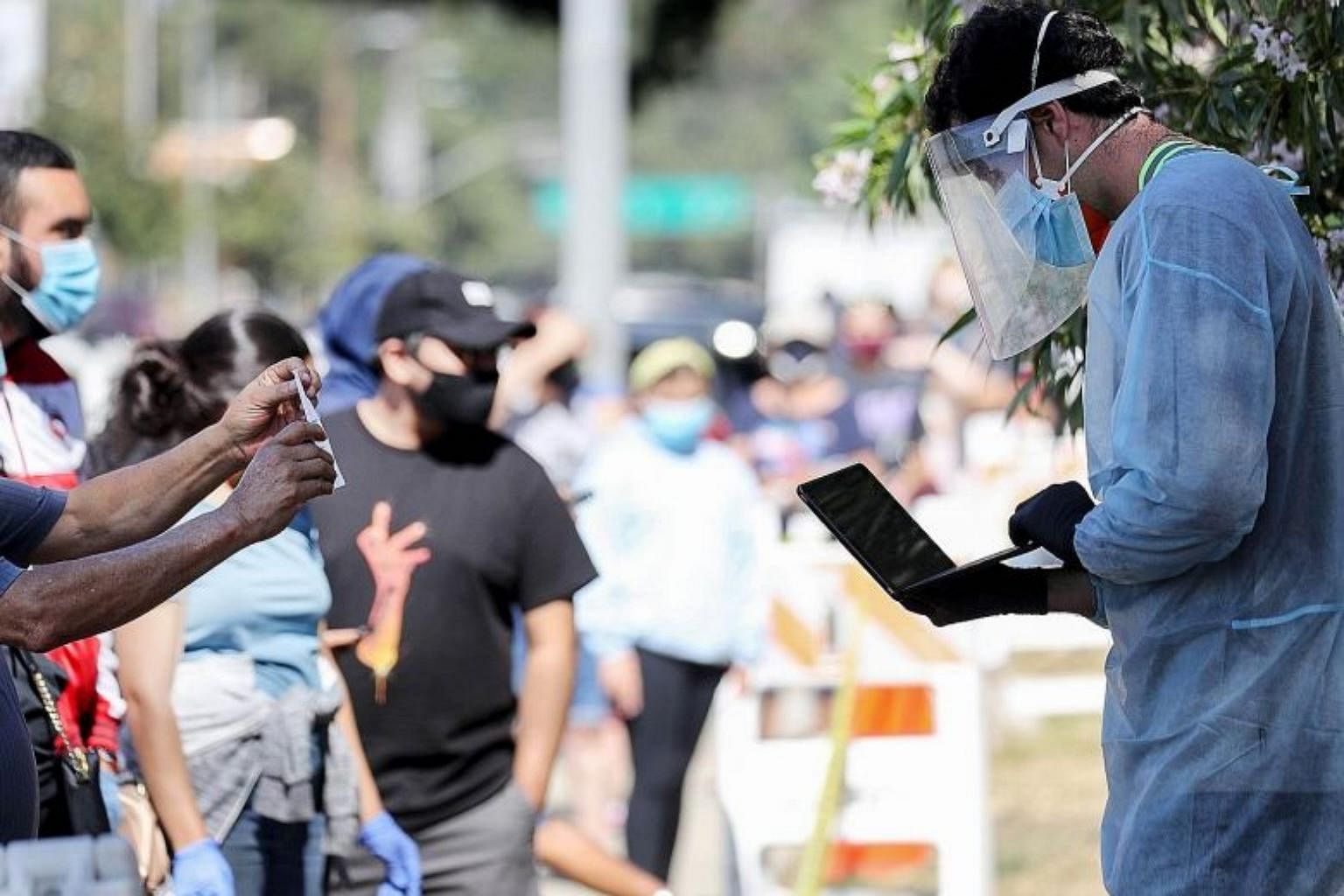
After weeks of Americans staying at home and a strict regime of social distancing, the overall number of newly reported Covid-19 daily cases in the United States began to plateau in early May.
But the levelling off did not last.
Human behaviour is a key factor in curbing the pandemic
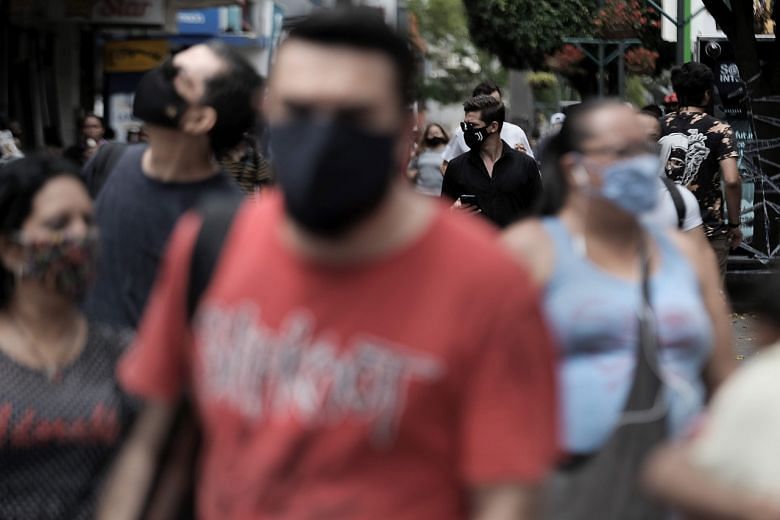
Global outlook on the Covid-19 pandemic ranges from cautious optimism in countries that handled the outbreak well to gloom in places that did not.
The bottom line is, the pandemic is not going to end any time soon. If anything, it is accelerating. And even if it moderates, we will have to live with the virus as a fact of life for the foreseeable future.
There are now over 12 million cases of Covid-19 globally, with more than 550,000 lives lost, according to the World Health Organisation (WHO).
Sweden's approach becomes world's cautionary tale
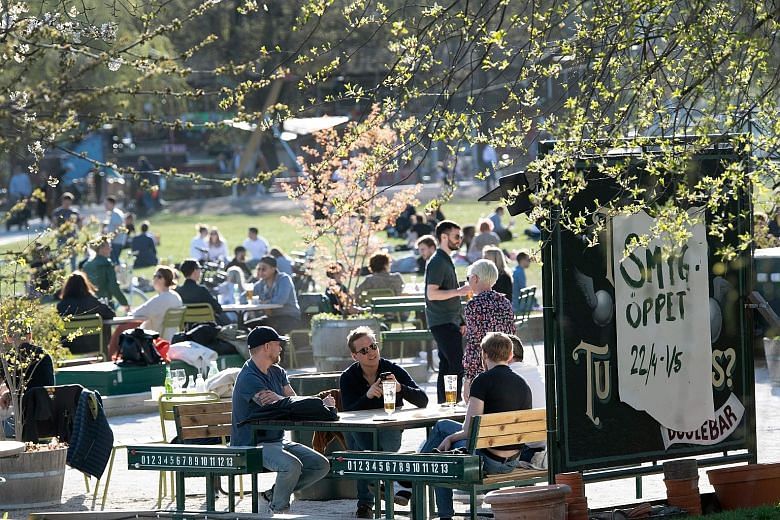
Ever since the coronavirus emerged in Europe, Sweden has captured international attention by conducting an unorthodox, open-air experiment.
It has allowed the world to examine what happens in a pandemic when a government allows life to carry on largely unhindered.
This is what has happened: Not only have thousands more people died than in neighbouring countries that imposed lockdowns, but Sweden's economy has also fared little better.
